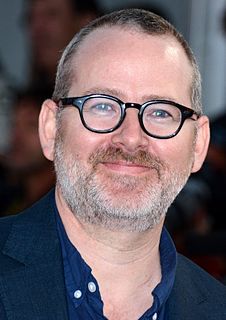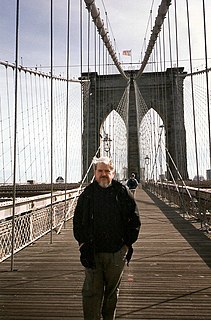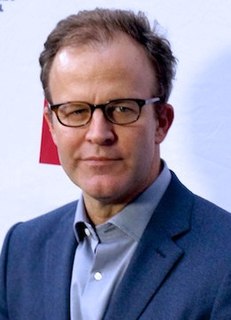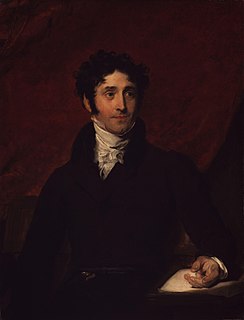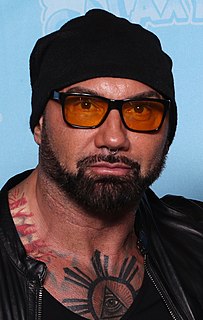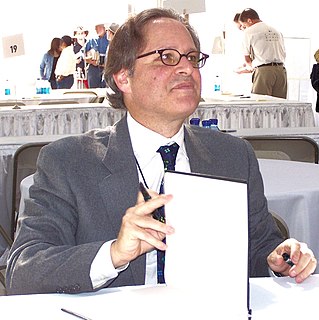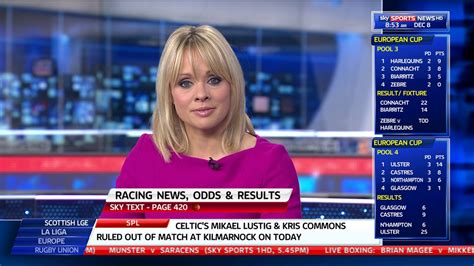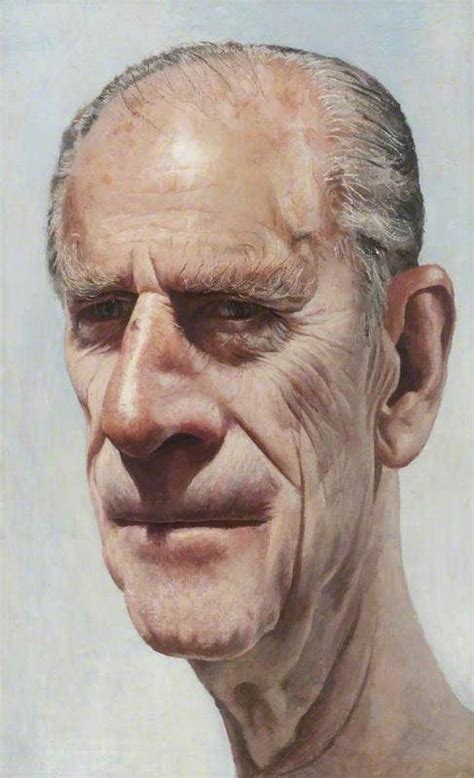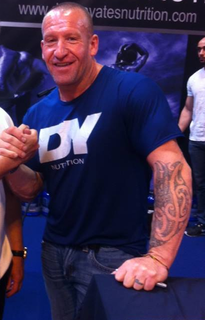A Quote by Adrian Grenier
In narrative films, you set up reality, so you can limit the variables. You don't have that luxury with docs.
Related Quotes
The aim of the book is to set a limit to thought, or rather - not to thought, but to the expression of thoughts: for in order to be able to set a limit to thought, we should have to find both sides of the limit thinkable (i.e. we should have to be able to think what cannot be thought). It will therefore only be in language that the limit can be set, and what lies on the other side of the limit will simply be nonsense.
Some god or Weltgeist has been making a movie out of us for the past six thousand years, and now we have turned a corner on the movie set of reality and have discovered the boards propping up the two-dimensional monuments of human history. The movement of humanism has reached its limit, and now at that limit it is breaking apart into the opposites of mechanism and mysticism and moving along the circumference of a vast new sphere of posthuman thought.
One of the most consistent findings about low performing schools and students is that "home variables" (parental income and education, etc.) are more predictive than "school variables." But, having said that, we as a society can have much more effect on the school variables than on the home variables, so it's important and valuable to focus on the question of which interventions in schools are most effective and which are least effective.
One set at extreme intensity does the muscle-building job. It must be stressed that the one final, all-out set I do takes me to the very limit of my capabilities. If you feel you can attempt a second set, then you couldn’t have been pulling out all the stops during the first set. It's not pretty, but it works.


